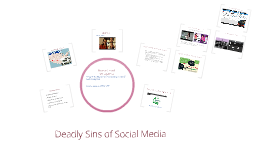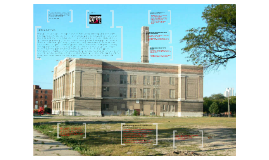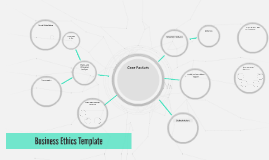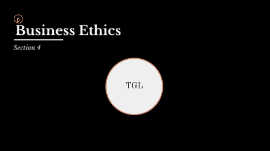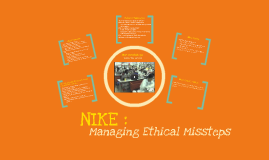Business Ethics Presentation
Transcript: www.businesstimes.com London, United Kingdom Business Times Mvita Zulu, Prince - 000827055 Da Costa Estevao Fela - 000894740 Yola Velghe - 000997579 Omoleye Wole Ajibode - 000874898 Aadil Hushye - 000957930 December 2017 - undercover footage - dates altered - chicken repackaged 2 Sister's Food Group 2 Sister's Food Group 2 Sister's Food Group accused of altering the source and slaughter dates of poultry. Read More Page 1 -unethical promotion of goods -Child labour Nestle group Nestlé Group Nestlé Is one of the world’s largest food and beverages company. Their products include but are not limited to baby food, bottled water, cereals, beverages and snacks. With over 2000 brands within ranges globally and locally. - Child Trafficking in the supply chain of cocoa - Search of labour in developing countries in Ghana and Nigeria - Cadbury's Anti Slavery Society Cadbury One of the largest producer of chocolate products have issues with the child labour and supply chain. Cadbury Unilever An International brand of health and well being have issues with child labour in one of the developing countries Read More Page 4 - Scandal child labour palm oil - Exploitation of employees in Indonesia - Dangerous exposition to toxic pesticides - Unilever's sustainable living plan Unilever Conclusion Conclusion [15:20, 12/4/2017] +44 7932 560815: Available at: https://www.theguardian.com/law/2016/nov/30/kelloggs-unilever-nestle- child-labour-palm-oil-wilmar-amnesty [Accessed 15 Nov 2017] Beal, B. D., 2014. Corporation Social Responsability. First ed. Texas: SAGE publication Ltd. Celic, I., 2015. Unilever Ethical Issues. Rachels, J., 2001. Theory and Practice. New York: Routledge. Wood, S. G. a. Z., 2017. 2 Sisters warned in 2009 staff could be changing poultry label dates, says MP. The Guardian, 6 October. Matten, A. C. a. D., 2016. Business Ethics. 4th ed. United Kingdom: Oxford University Press. Reference Reference






